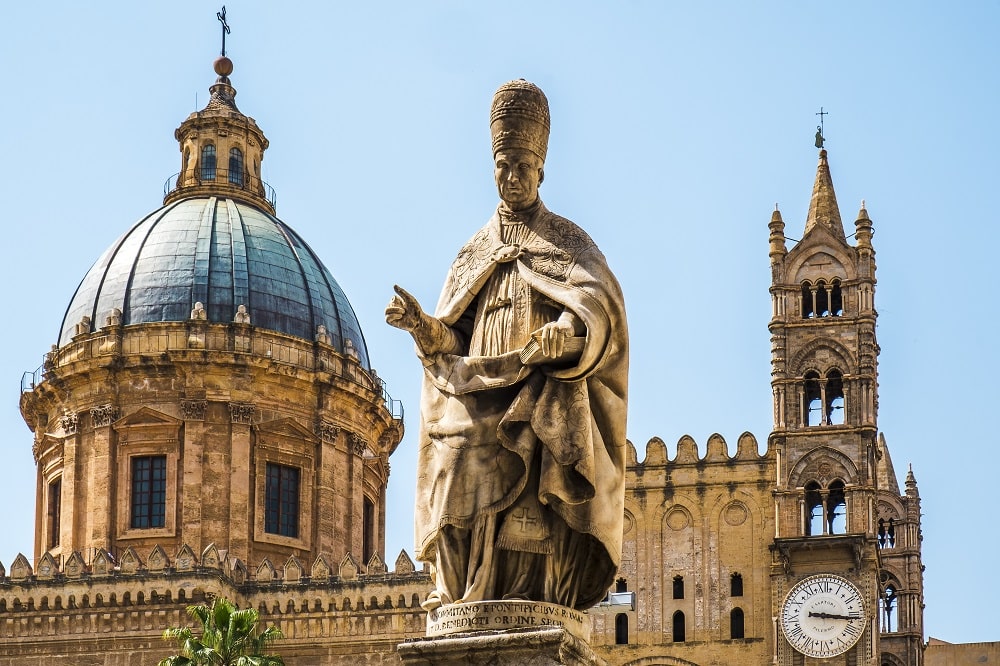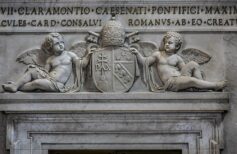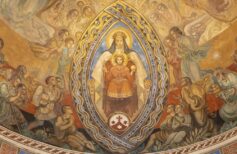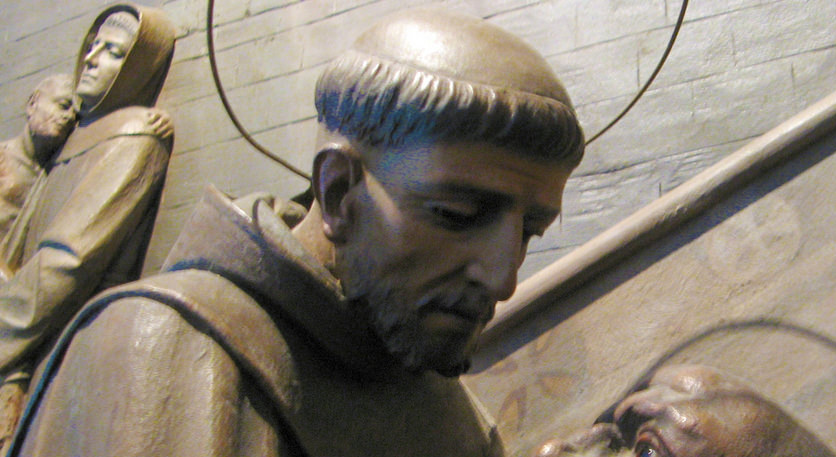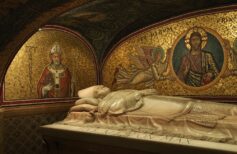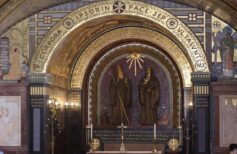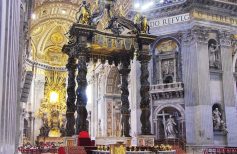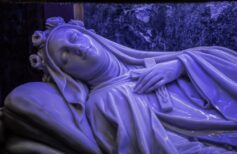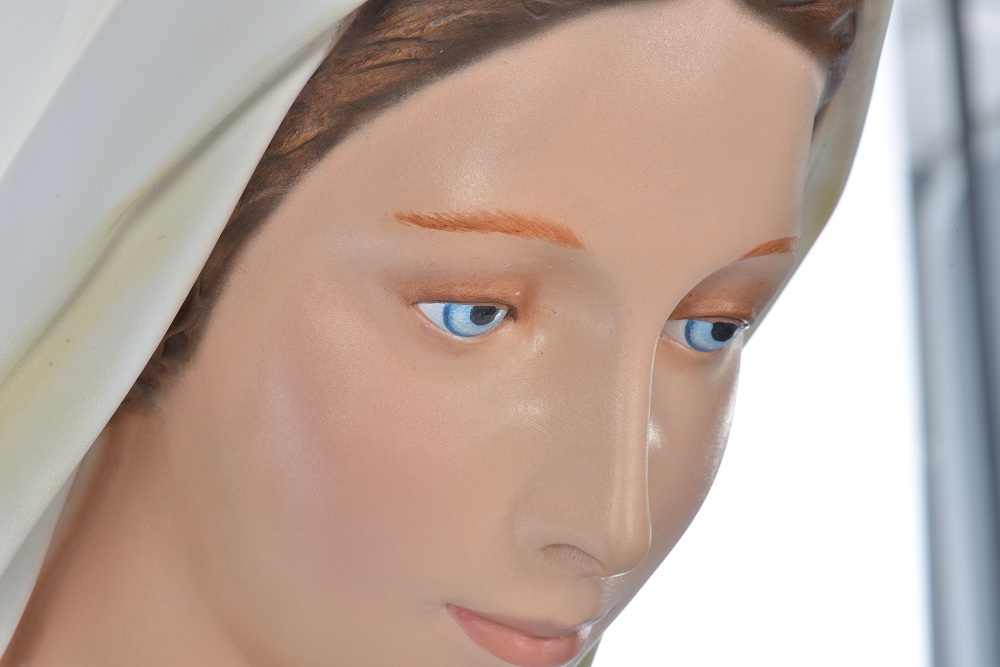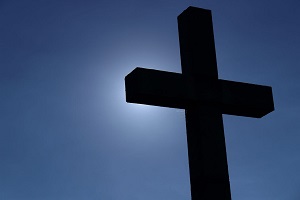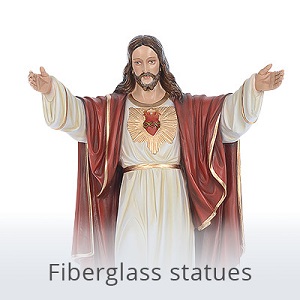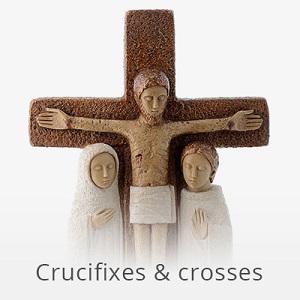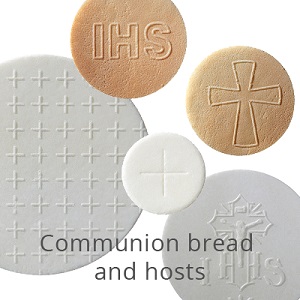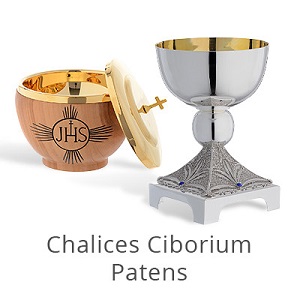Saint Gregory the Great, “the consul of God”, venerated as a saint and doctor of the Church. But who was this extraordinary man?
It has not happened to many men in the course of history to receive from their contemporaries the title of Magno, ‘great’. And it is even more amazing when receiving such a nickname is not a leader and conqueror like Alexander the Great or a great ruler like Charlemagne or Peter the Great of Russia, but a churchman. Yet Pope Gregory the Great fully deserved this title, what in ancient Rome would have been called a cognomina ex virtute, an honorary appellation reserved for conquerors and military commanders.
But what did Saint Gregory do to be called Great and to be counted among the Doctors of the church?

Doctors of the Church: who are they and what are the requirements for having this title
On 1 October we celebrate Saint Therese of Lisieux, one of the women proclaimed Doctors of the Church. But who are they?
Born in Rome to a rich patrician family in 540 AD, Gregory showed his excellence in his studies from an early age, although he never had a high cultural education as Saint Augustine and Cassiodorus, based on the great Latin classical authors, like Sallust, Horace, Virgil and Ovid. Instead, he remained linked to the literature of his time, poorer than that of the past, but closer to the present. He adopted the philosophical notions of Cicero and the Stoic school and adapted them to Christian moral doctrine.
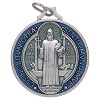
Fascinated by the figure of Benedetto da Norcia, he wanted to become a monk, but the family pushed him to pursue a brilliant political career that led him to become just thirty prefect of Rome. Even so, I will be able to continue my vocation by practising charity, offering assistance to the needy and transforming his possessions in Rome and Sicily into monasteries.
At the death of his father, however, although he was thrown into a political career, appreciated and well-seen by the authorities and the people, he decided to turn his back on all the possibilities that public life offered him and to embrace a completely different mission. He decided to transform his family’s house into a monastery and to become a monk, devoting his life to the study of Scripture and religious texts.
However, his merits and abilities had not gone unnoticed even in religious circles. Pope Pelagius II sent him as a representative to the court of Constantinople to ask for help against the Lombards to the Eastern Emperor. Even the emperor could only appreciate his abilities, and with regret let him leave to join the Pope and become his personal advisor, a role that he was able to support with so much skill to be acclaimed in turn Pope at the death of Pelagius.
Gregory did not wish to become Pope and accepted the task with initial reluctance.
The Church of which he found himself at the head went through a terribly complicated and difficult period, as difficult was the political situation in which the Empire and the Italian peninsula found themselves. In addition to political unrest, to the raids of the Lombards, many epidemics, storms, floods, and famines took place in those years.
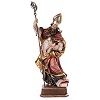
Gregory was a physically weak man, often sick, but animated by strength and a steadfast force that allowed him to hold in his own hands the ranks of his pontificate, also making use of apostolic vicars, who represented him at the courts of all Europe and beyond. He worked hard to reorganize the monastic institution, especially in its relations with the church and bishops, and to ensure greater legal and economic autonomy for the monasteries.
He also managed to reach a peace agreement with the Lombards.
Famous is his vision of the Archangel Michael, which occurred while crossing the bridge of the Mole Adriana, then became Ponte Sant’Angelo, leading a procession to prevent the plague epidemic. After the vision the epidemic ceased and the Romans began to call the Mole Adriana “Castel Sant’Angelo”.
Above all, he always carried on his love for the Holy Scriptures and his spirit of evangelization. It was on his orders that the monk Augustine (Saint Augustine of Canterbury) left for Britain dominated by the German populations to eradicate paganism.
But Gregory was also a great scholar and left many works still today considered fundamental texts for the Church, starting from the Pastoral Rule, a treatise intended both for the principles of the Church and to lay rulers, to help them support their task and to rule the world Christianly, to get to the 35 volumes of Moralia in Job, exegesis of the book of Job, which Gregory himself called “A consideration extended on moral issues”. And then Letters, Homilies, Dialogues and much more. All these texts made him one of the first Doctors of the Church of the West, together with Saint Ambrose, Saint Augustine of Hippo and Saint Jerome. He also reorganized the Roman liturgy, and promoted the liturgical chant that he would call “Gregorian“.
He died on 12 March 604 and his liturgical memorial falls on 3 September or 12 March.

